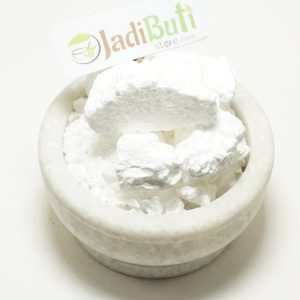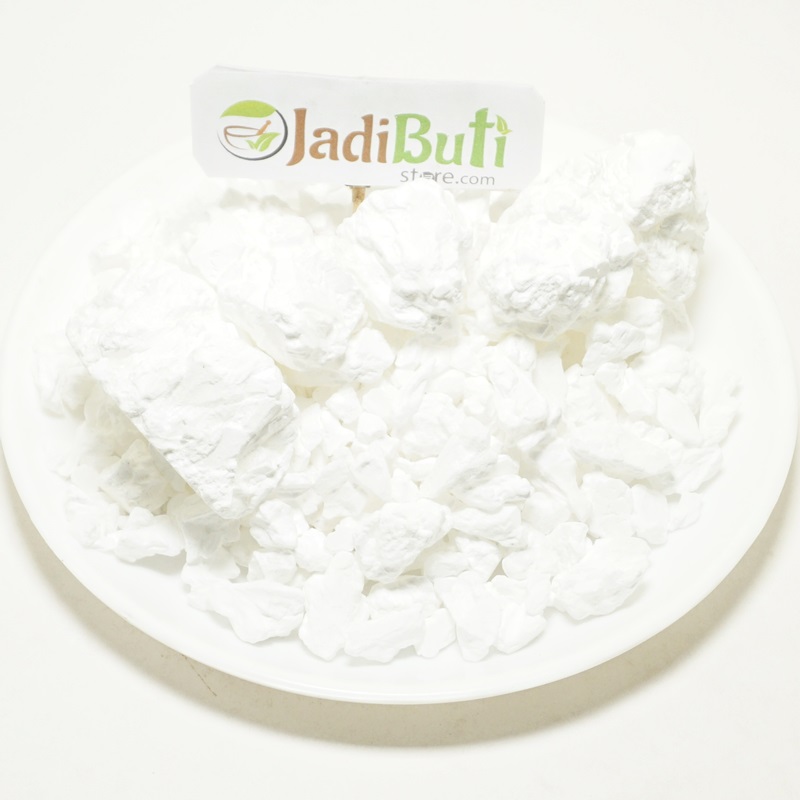B
Showing 37–48 of 48 results
-
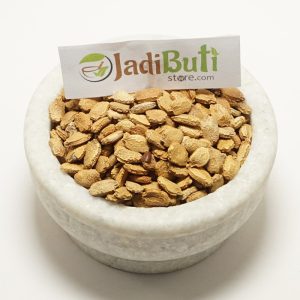

Karela Seeds – करेला बीज – Bitter Gourd – Momordica Charantia
₹90.00 – ₹690.00Quick View- Karela beej is considered to have a bitter taste (rasa) and a cooling energy (virya) in Ayurveda.
- It is traditionally used as a natural remedy to help control blood sugar levels, particularly in people with diabetes. The seeds contain compounds that can help to increase insulin sensitivity and reduce insulin resistance.
- Karela beej is also used to support digestive health and alleviate various digestive disorders, including constipation, indigestion, and stomach pain.
- It is believed to have immunomodulatory properties, meaning it can help to regulate and balance the immune system.
- Karela beej is traditionally used to support liver health and protect the liver against damage.
- It has also been used in Ayurveda to promote skin health and reduce skin inflammation and infections.
- Karela beej is often prescribed in Ayurvedic formulations to help manage obesity and promote weight loss.
Overall, karela beej is a versatile and beneficial herb that has been used for centuries in Ayurvedic medicine. It is known for its ability to support blood sugar control, digestive health, immune system function, and liver health. However, it is important to consult a qualified Ayurvedic practitioner before using karela beej or any other herbal remedy for medicinal purposes.
-

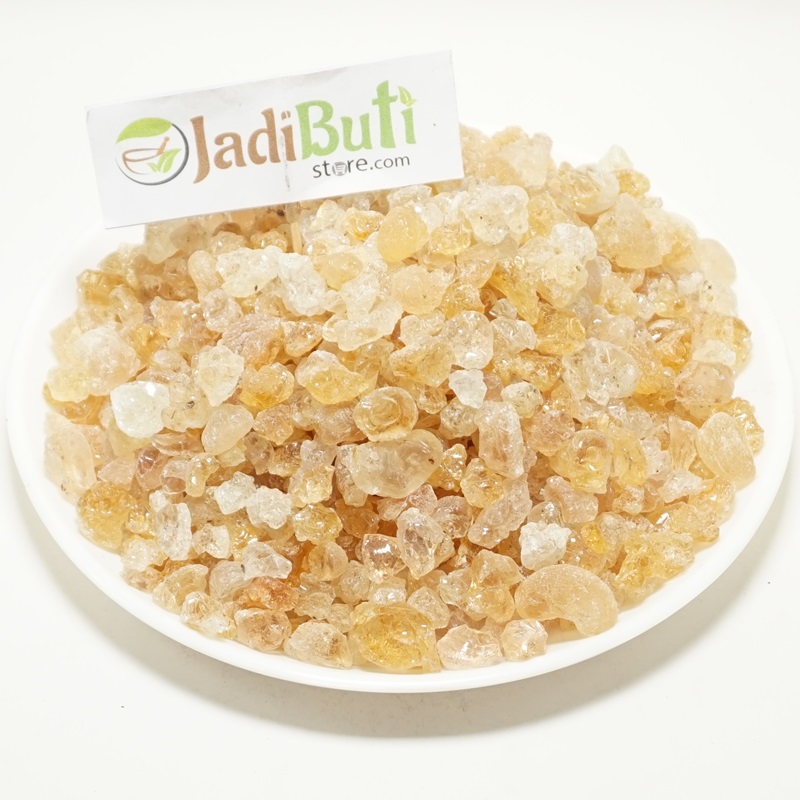 SOLD OUT
SOLD OUTKikar gond – कीकर गोंद – Babool Gum – Vachellia nilotica
₹130.00 – ₹995.00Quick ViewKikar gond – कीकर गोंद – Babool Gum – Vachellia nilotica.
Kikar gond Name in different languages:
Kikar gond English name – Babool gum
Kikar gond Hindi name – kikar gond
Kikar gond Latin name – Vachellia nilotica
-
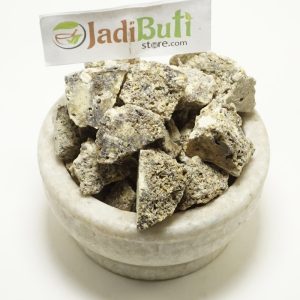
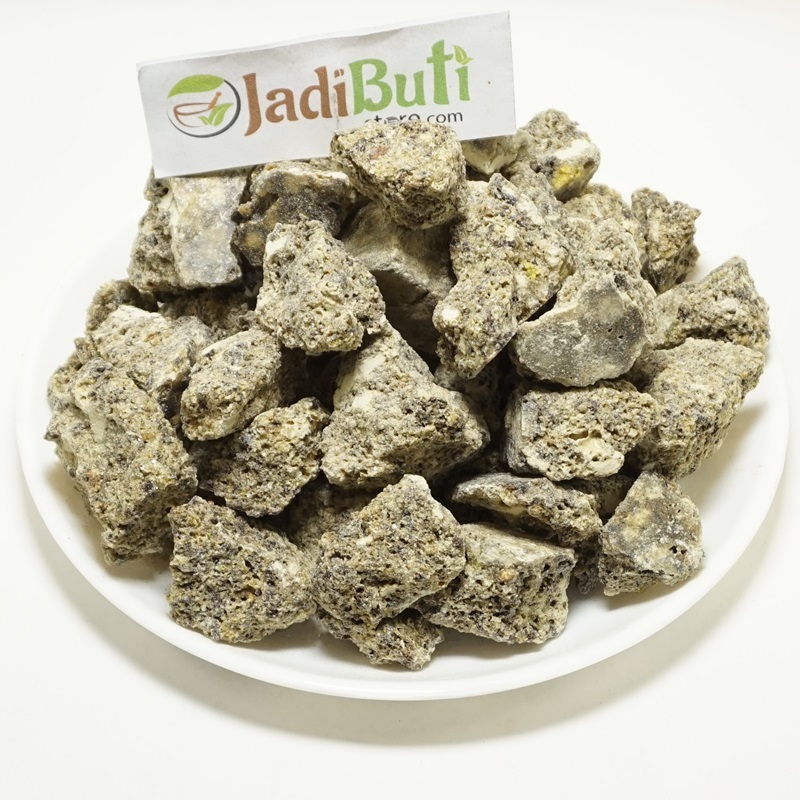
Loban (premium) – लोबान – Benzyl
₹170.00 – ₹1,300.00Quick ViewLoban is a type of resin that is obtained from the Boswellia tree. It is also known as frankincense or olibanum. In Ayurveda, loban is considered a potent herb with various health benefits. Here are some Ayurvedic properties and benefits of loban:
Ayurvedic Properties:
- Rasa (Taste): Pungent, Bitter, Astringent
- Virya (Energy): Heating
- Vipaka (Post-Digestive Effect): Pungent
- Guna (Qualities): Light, Dry
Ayurvedic Benefits:
- Respiratory Health: Loban has anti-inflammatory properties that can help to relieve respiratory conditions like asthma, bronchitis, and colds.
- Digestive Health: Loban is believed to stimulate digestion and improve appetite.
- Anti-inflammatory Properties: Loban has powerful anti-inflammatory properties that can help to reduce inflammation and pain in the body.
- Antiseptic Properties: Loban has antiseptic properties that can help to prevent infections and promote healing.
- Anxiety and Depression: The aroma of loban has a calming effect on the mind and can help to alleviate anxiety and depression.
- Spiritual Practice: Loban is often used in spiritual practices and rituals to purify the environment and promote a sense of peace and tranquility.
-
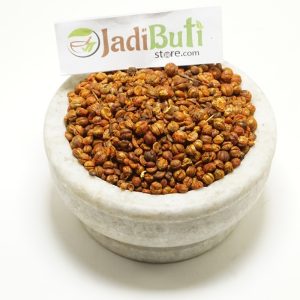
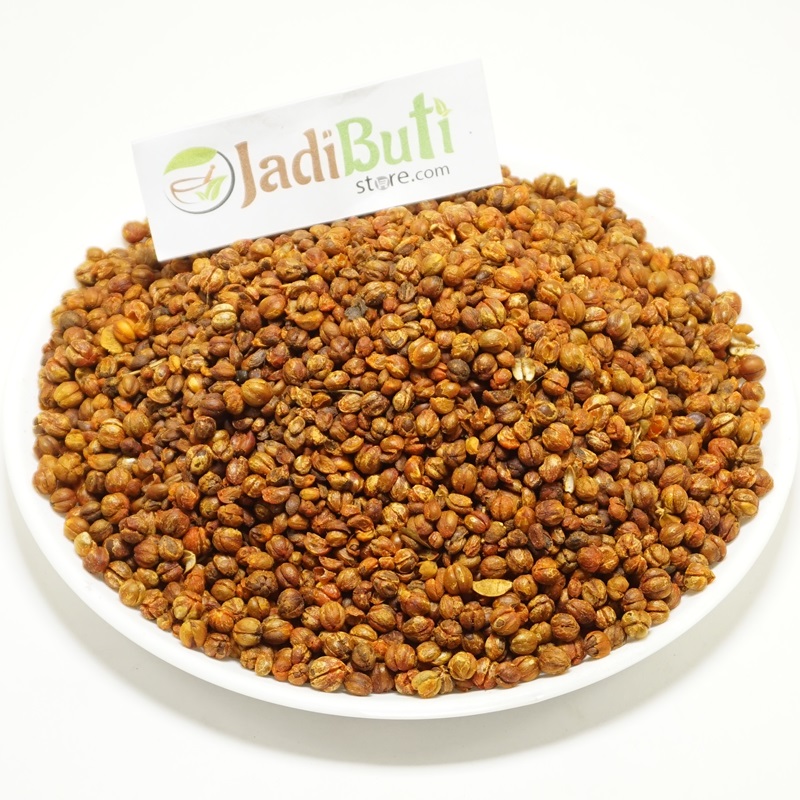
Malkangni – मालकांगनी – Black oil Tree – Celastrus paniculatus
₹760.00 – ₹6,290.00Quick ViewMalkangni seeds, Intellect Tree seeds
Scientific name: Celastrus paniculatus | Plant family: Celastraceae
Ayurvedic classification: | Parts used: Seeds
****** ***** Rasa (Taste) Tikta (Bitter), Katu (Pungent) Guna (Quality) Laghu (Light), Tikshna (Sharp) Virya (Potency) Ushna (Hot) Vipaka (Post-digestive effect) Katu (Pungent) Dosha Effect Balances Vata and Kapha doshas, increases Pitta dosha Action (Karma) Medhya (Nervine tonic), Vrushya (Aphrodisiac), Balya (Increases strength), Deepana (Digestive stimulant), Pachana (Digestive), Shothahara (Anti-inflammatory), Sangrahi (Astringent), Hridya (Heart tonic) -
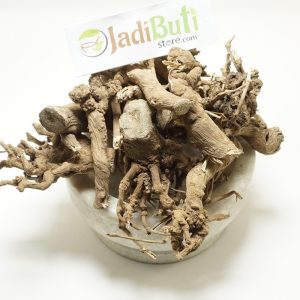

Punarnava – पुनर्नवा – Tarvine – boerhavia diffusa
₹110.00 – ₹875.00Quick ViewName: Punarnava | Scientific Name: Boerhavia diffusa
Other Names: Spreading Hogweed, Tarvine
Properties Description Rasa (Taste) Bitter, Astringent, Sweet Virya (Energy) Cooling Vipaka Sweet Guna (Quality) Light, Dry Health Benefits:
- Kidney Health: Punarnava is considered a potent diuretic in Ayurveda, and it may help improve kidney function and treat conditions like nephritis and urinary tract infections.
- Anti-inflammatory Properties: Punarnava has anti-inflammatory properties and may help reduce inflammation and pain in conditions like arthritis and gout.
- Liver Health: Punarnava is considered a liver tonic in Ayurveda, and it may help improve liver function and treat conditions like jaundice and hepatitis.
- Respiratory Health: Punarnava is used in Ayurveda to treat respiratory conditions like asthma, bronchitis, and coughs.
- Heart Health: Punarnava is used in Ayurveda to treat cardiovascular conditions like high blood pressure and heart disease.
- Anti-aging: Punarnava is known as a “rejuvenating” herb in Ayurveda, and it may help slow down the aging process.
Parts Used: Roots
-
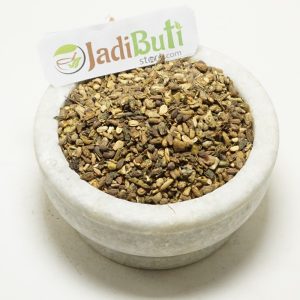
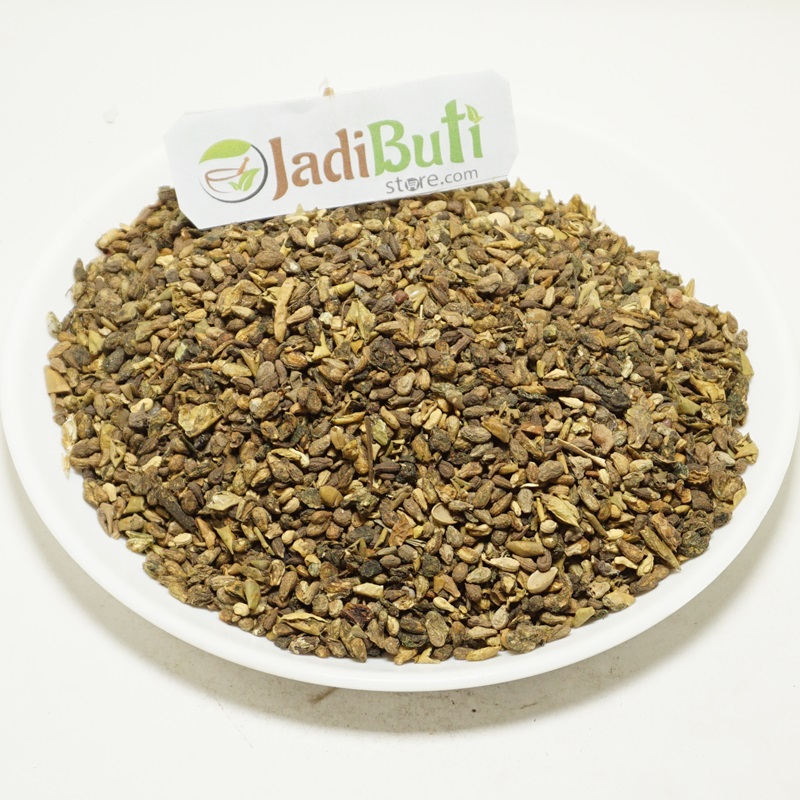
Shivlingi Beej – शिवलिंगी बीज – lollipop climber – Bryonopsis laciniosa
₹380.00 – ₹2,910.00Quick View- Supports female Fertility
- Balances hormones
- Supports digestion
- Reduces inflammation
- Boosts immunity
- Promotes healthy blood sugar levels
- Supports kidney function
These core benefits make Shivlingi Beej a valuable herb in Ayurveda for supporting overall health and wellbeing.
-
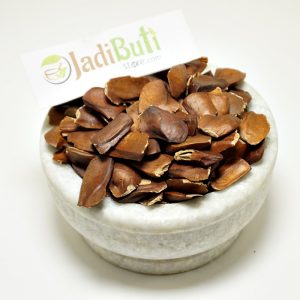
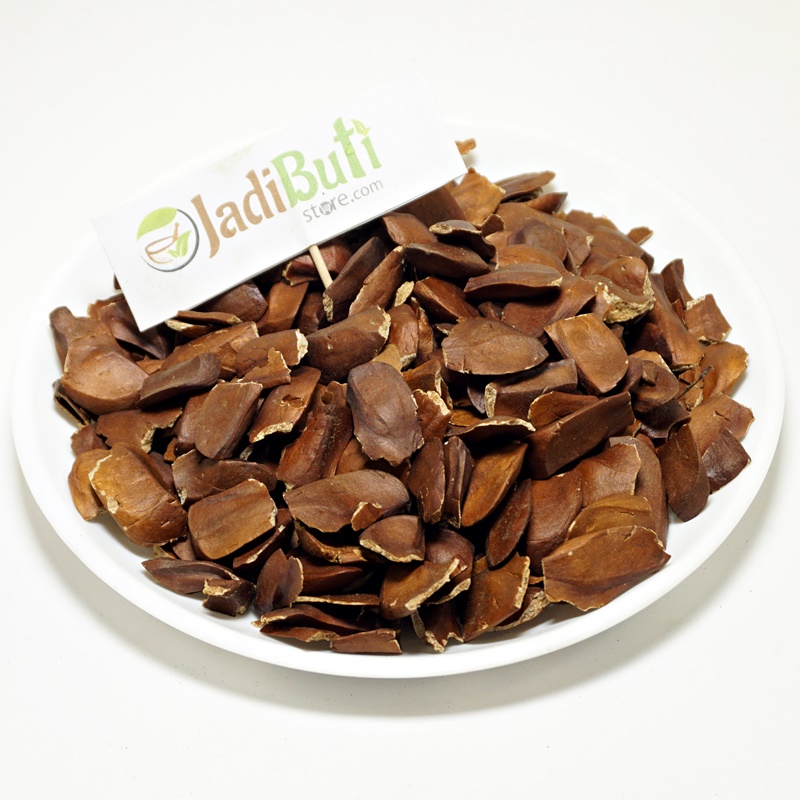
Sugar Badam – शुगर बादाम – Diabetes Almond – Swietenia Macrophylla
₹140.00 – ₹1,100.00Quick ViewSugar Badam is also known as Sugar Badam Kadwa, Samundari Badam, Miracle Fruit, Sky Fruit, King Fruit, Diabetes Bitter Almonds, Samundari Badam, Miracle Fruit, Sky Fruit, King Fruit.
Suagr Badam Name in different languages:
Suagr Badam in English – Sweet almond
Suagr Badam in Hindi – Baadam (Meetha)
Suagr Badam in Latin – Prunus amygdalsu
Suagr Badam in Sanskrit – Vatad (Madhur), Vatabh, Vatbeeri, Netropam phal
Suagr Badam in Marathi – Baadam
Suagr Badam in Gujrati – Baadam
Suagr Badam in Bengali – Bilayati baadam
Quality:
Sweet almond is heavy, smooth, sweet, hot and stimulant. It brings the stool out easily. It is expectorant. It increases the bile and urine. Sweet almond enhances sperm count, body strength and vigour. It also increases breast milk and regulates disturbed menstrual excretion. It makes the nerves-system strong. Sweet almond is used in the cases of vattadisorders, weaknesses of nerve and brain, dyspepsia, cough caused by Vatta, anuria and dysuria, white leucorrhoea and dysmenorrhoea.
-
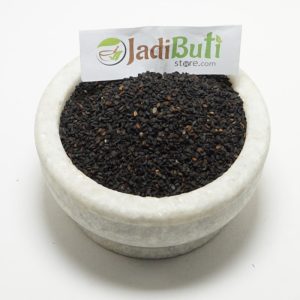
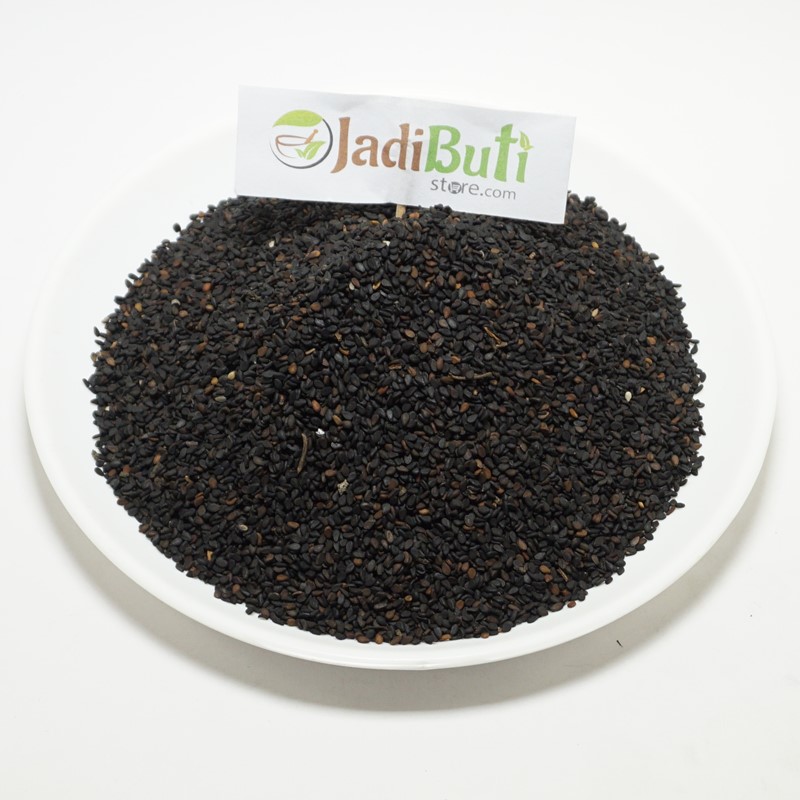
Til Kala (Organic Dry) – काला तिल – Sesame Seeds – Sesamum Indicum
₹90.00 – ₹690.00Quick ViewBlack sesame seeds are small, Dry seeds that are commonly used in traditional Ayurvedic medicine. These nutrient-dense seeds are an excellent source of protein, fiber, healthy fats, and various vitamins and minerals, including calcium, magnesium, and iron.
In Ayurveda, black sesame seeds are considered a potent rejuvenating food that can help improve vitality and overall health. They are believed to help balance the doshas, particularly Vata and Pitta, and are often recommended for conditions such as constipation, dry skin, and hair loss.
-
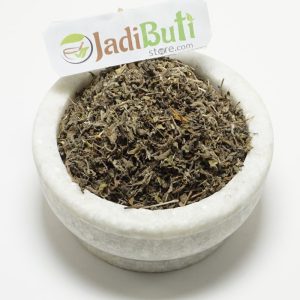
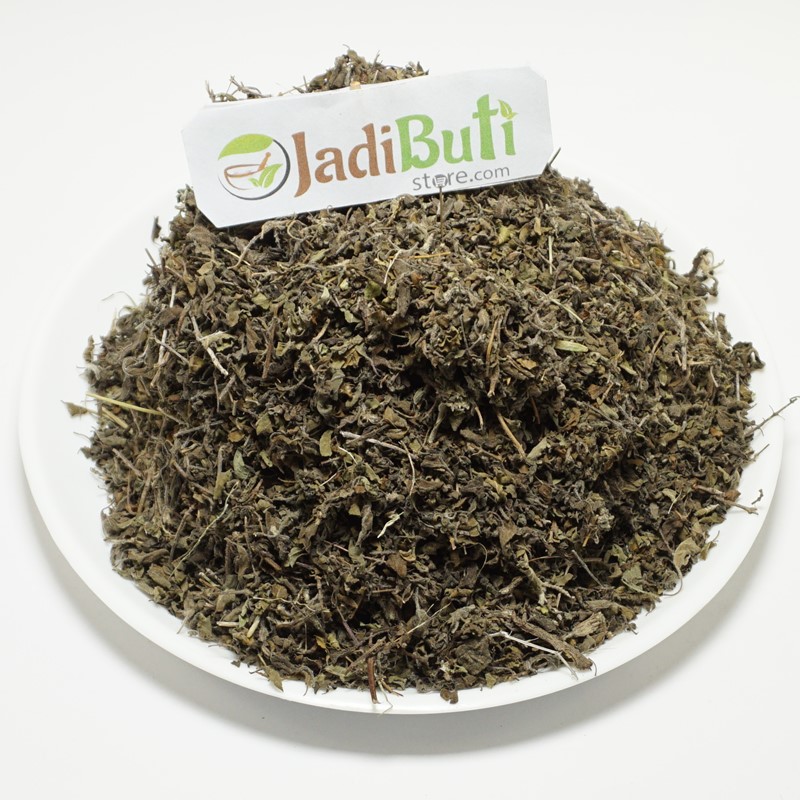
Tulsi patta – तुलसी पत्ता – holy basil – Ocimum sanctum
₹80.00 – ₹850.00Quick ViewHoly Basil (Tulsi in Ayurveda), Scientific Name: Ocimum sanctum, Family: Lamiaceae
Parts Used: Leaves, stem, flowers, seeds (These are Tulsi Leaves)
Ayurvedic Properties:
- Rasa (taste): Pungent, bitter
- Guna (quality): Light, dry
- Virya (potency): Heating
- Vipaka (post-digestive effect): Pungent
- Doshas: Pacifies Kapha and Vata doshas, but may aggravate Pitta dosha in excess
Ayurvedic Uses:
- Supports respiratory health
- Promotes healthy digestion
- Helps manage stress and anxiety
- Boosts immunity
- Helps to regulate blood sugar levels
- Supports liver function
- Promotes healthy skin
- Helps to manage fever
- Acts as a natural insect repellent
-


Tulsi Seed – तुलसी बीज – basil seed – Ocimum sanctum
₹130.00 – ₹995.00Quick View- Derived from the sacred tulsi plant
- Cooling effect on the body
- Improves digestive health
- Improves respiratory health
- Boosts immunity
- Reduces stress and anxiety
- Promotes skin health
- Has anti-inflammatory properties
- Beneficial for cardiovascular health
- Has anti-cancer properties
- Promotes oral health
- Helps to balance hormones
- Improves brain health
Tulsi Beej is a versatile and beneficial herb that can be consumed in various ways such as tea, infusion, or supplement form. It is commonly used in Ayurvedic medicine to treat a wide range of health conditions. However, it is important to consult a qualified healthcare practitioner before using Tulsi Beej or any other herbal remedy for medicinal purposes.



